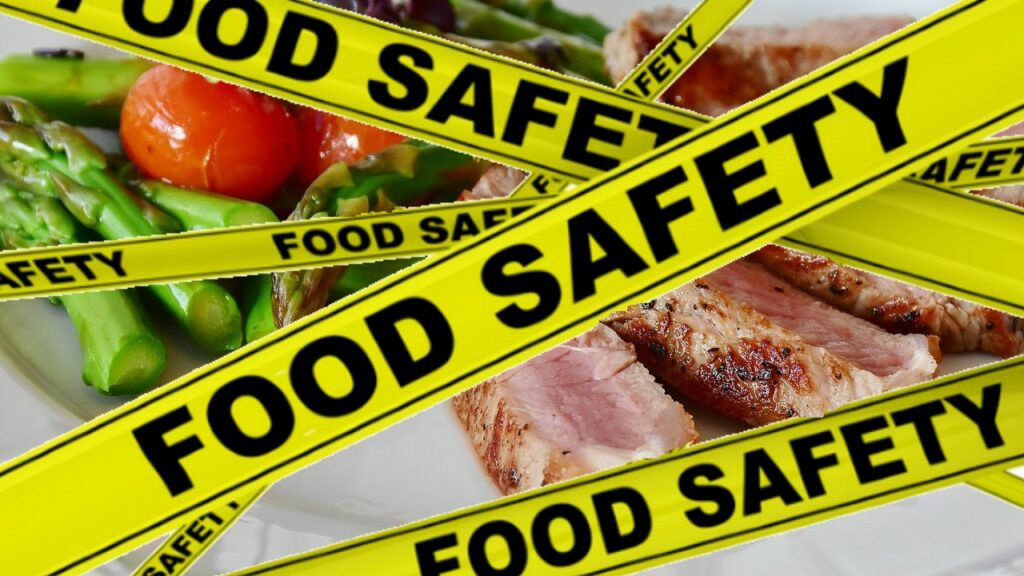


 349,500 Offered Certificates
349,500 Offered Certificates
 24/7 Online Training
24/7 Online Training
 Money Back Guarantee
Money Back Guarantee
 Fully Accredited Courses
Fully Accredited Courses

Created at: 26-02-2025 11:55
When it comes to safeguarding public health, nothing is more vital than effective food safety measures. In Ireland, where culinary traditions thrive and food production flourishes, HACCP training has emerged as a crucial component for food businesses across Dublin, Cork, Galway, Limerick, Waterford, and Belfast. But what exactly is HACCP, and why is it essential for compliance with Irish and EU food safety laws? In this comprehensive guide, we will explore the importance of HACCP training and certification for various food industries.
HACCP stands for Hazard Analysis and Critical Control Points. It is a systematic preventive approach that addresses physical, chemical, and biological hazards in food production processes. The goal of HACCP is to ensure that food is safe for consumption, ultimately preventing contamination and reducing the risk of foodborne illnesses.
In the context of strict food safety regulations in Ireland, HACCP certification is not just beneficial; it's mandatory for food businesses that aim to maintain high hygiene standards. Here are key reasons why HACCP training is vital:
Compliance with HACCP principles ensures that your business adheres to both Irish and EU food safety regulations. These regulations are designed to protect public health and require food businesses to implement food safety management systems. Non-compliance can lead to hefty fines, business shut down, and severe reputational damage.
Food contamination can occur at any point in the supply chain, potentially resulting in foodborne illnesses. HACCP training empowers employees with the skills to identify and mitigate these risks proactively. By implementing a HACCP system, businesses can significantly reduce the likelihood of contamination, ensuring customer safety.
HACCP training aids in establishing robust operational practices that enhance overall hygiene within food handling and preparation areas. This includes proper cleaning and sanitization techniques, proper storage of food, and phase-specific safety measures.
Customers are becoming increasingly aware of food safety and hygiene issues. By committing to HACCP training and certification, businesses not only comply with legal standards but also foster trust among consumers. A strong reputation for food safety can lead to increased customer loyalty and business growth.
Achieving HACCP certification is a structured process that can significantly benefit your food business. Here’s a step-by-step guide:
Evaluate your current food safety practices to understand areas that require improvement. This includes reviewing existing policies, procedures, and training programs.
Participating in comprehensive HACCP training courses is crucial for your team. Online options, such as HACCP training online, provide flexibility and accessibility.
Based on the training received, develop and implement a HACCP plan tailored to your specific food processes. Ensure that it aligns with both regulatory standards and best practices.
Conduct regular audits and reviews of your HACCP plan to ensure ongoing compliance and address potential areas of concern before they escalate.
With the rise of online learning platforms, food businesses can choose between online and in-person training options. Here are some factors to consider:
HACCP training is an essential investment for any food business in Ireland that seeks to uphold the highest standards of food safety and compliance. Don’t wait for a compliance check or a potential health scare. Prioritize HACCP training today to secure your business's reputation and ensure customer safety.
If you’re ready to take the next step in food safety compliance, visit our HACCP training courses for more details or contact us at [email protected].